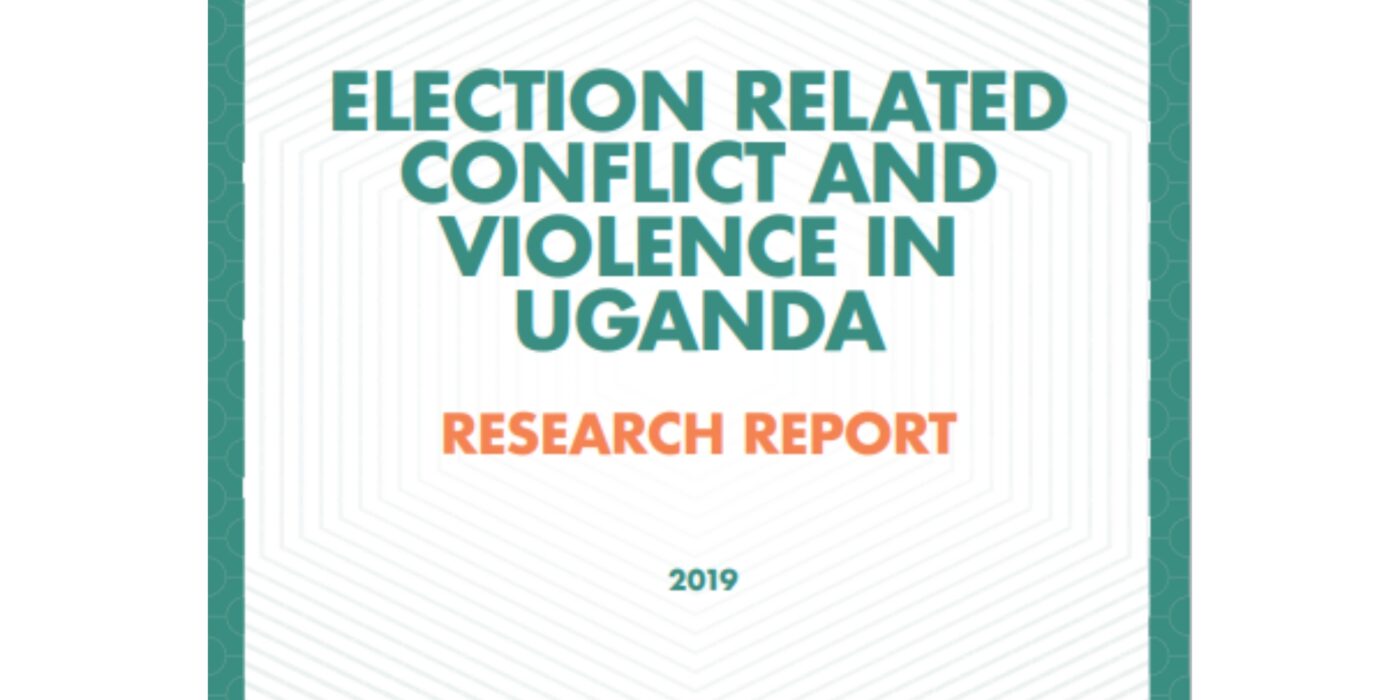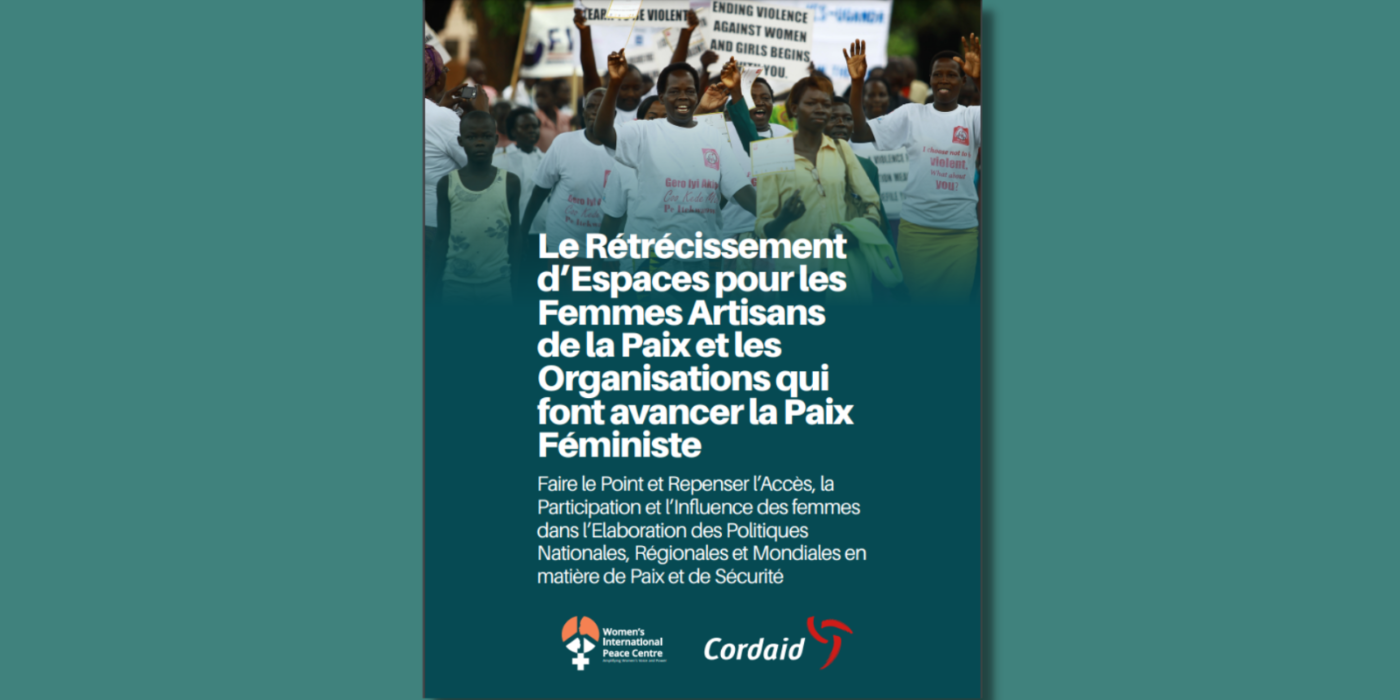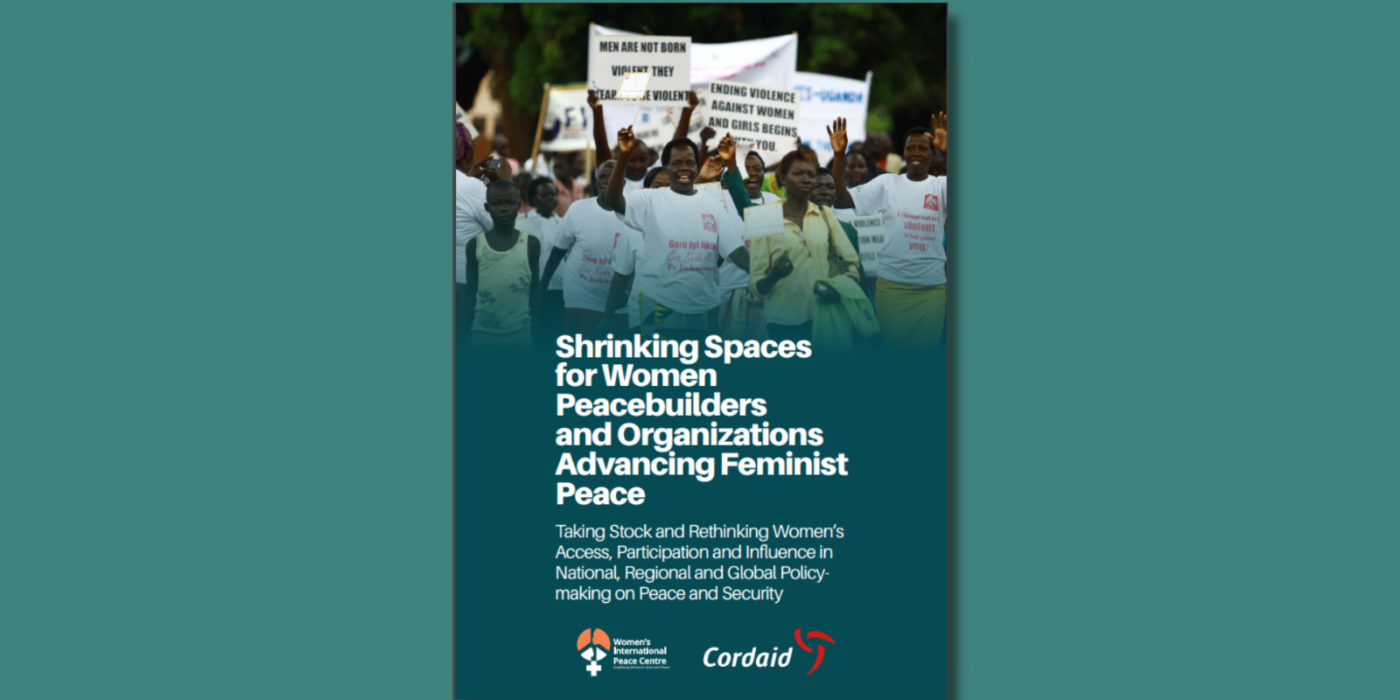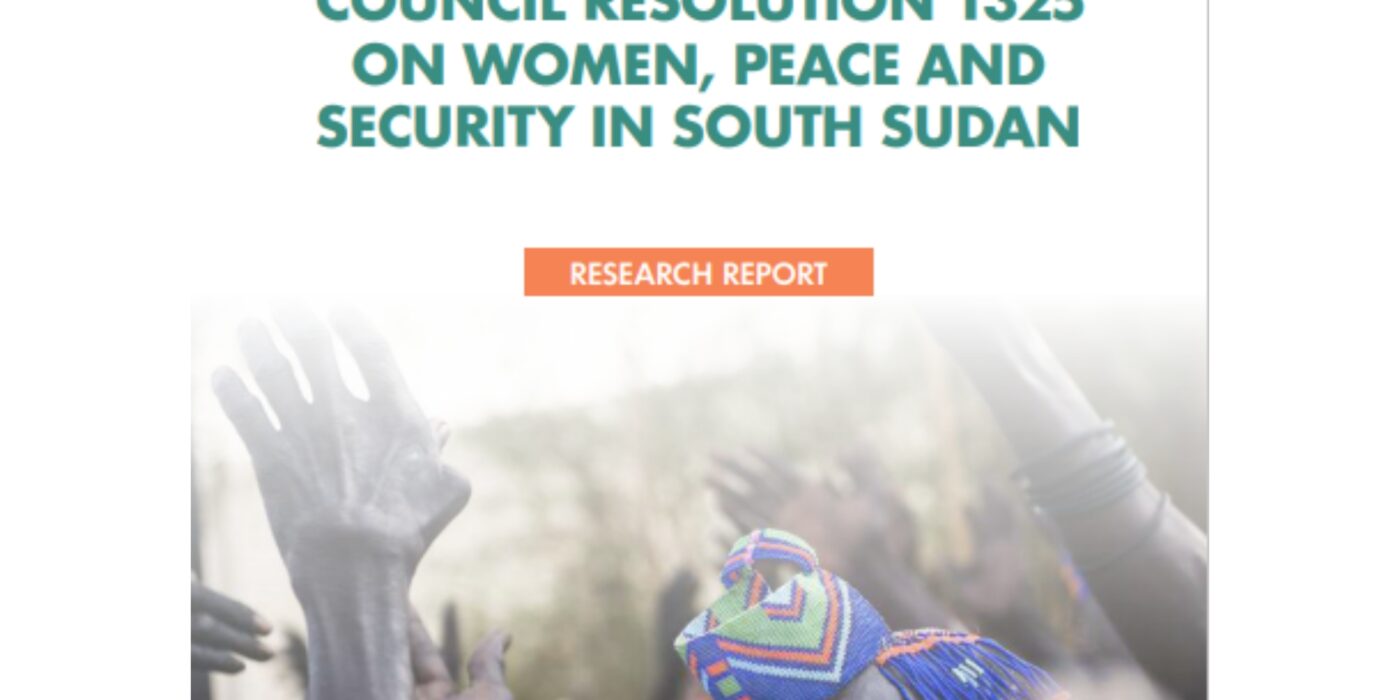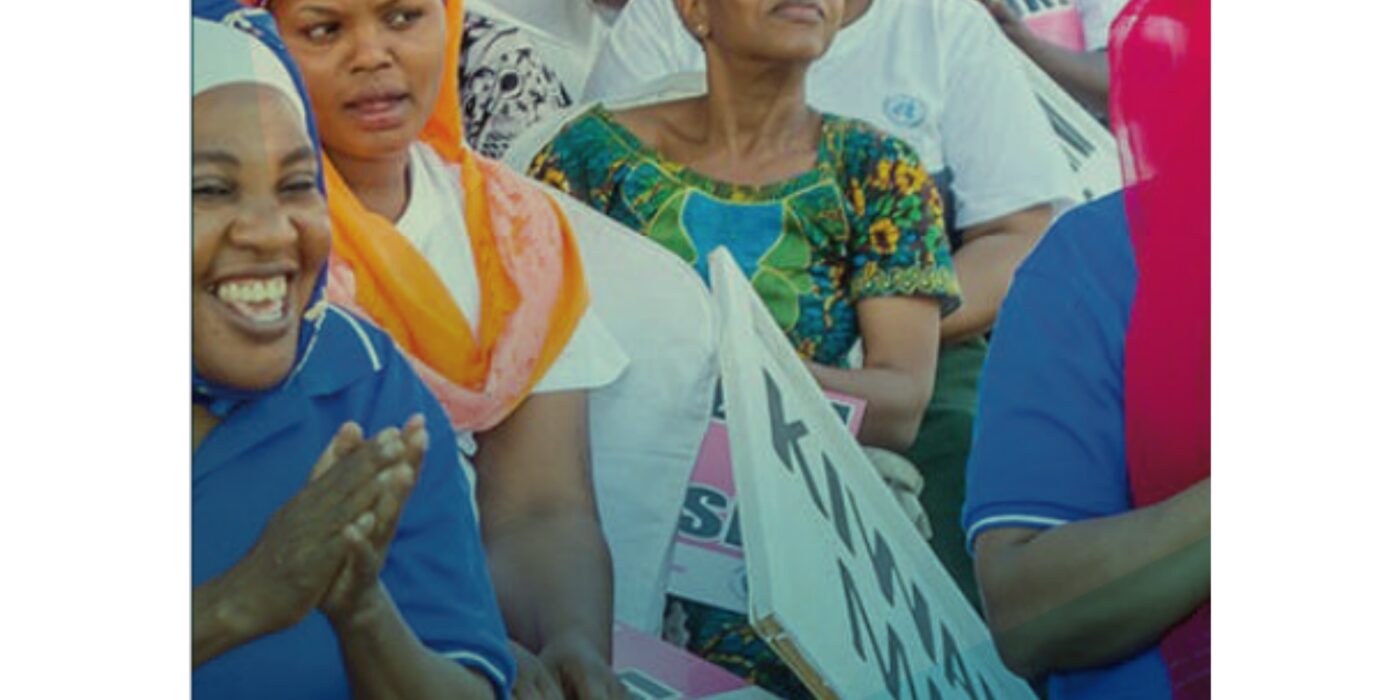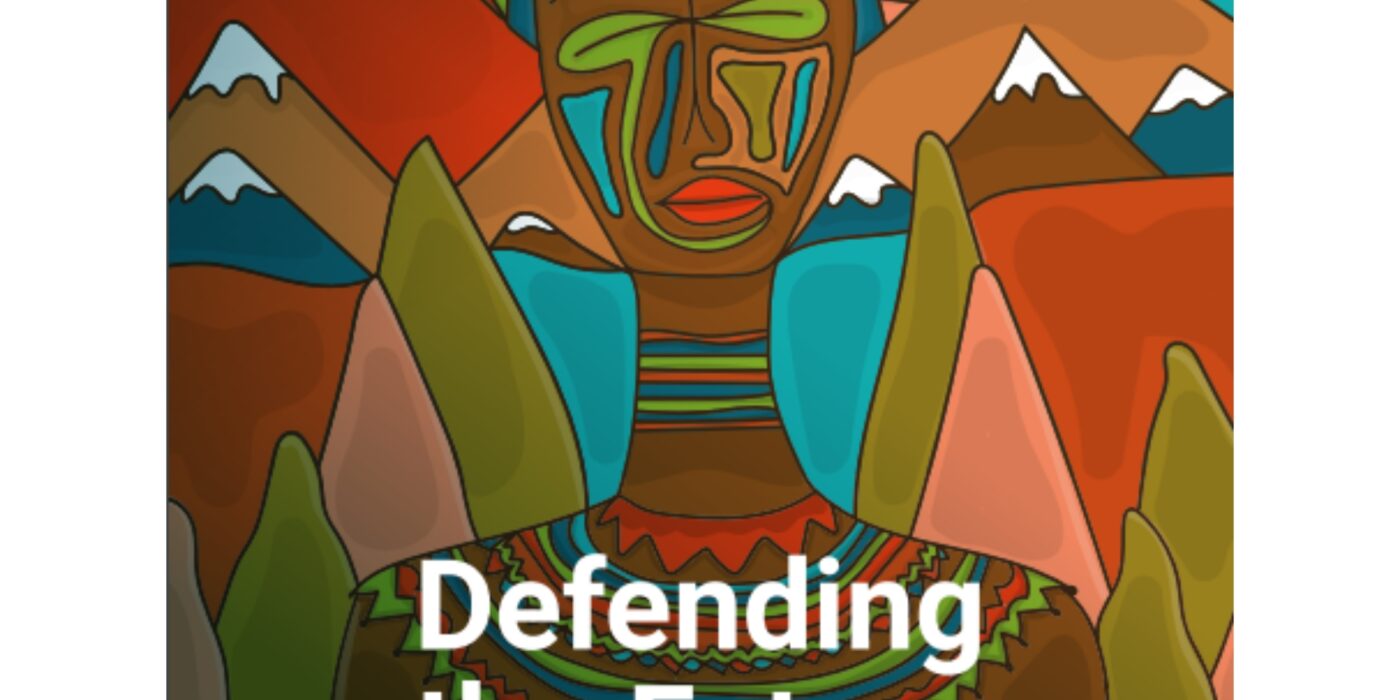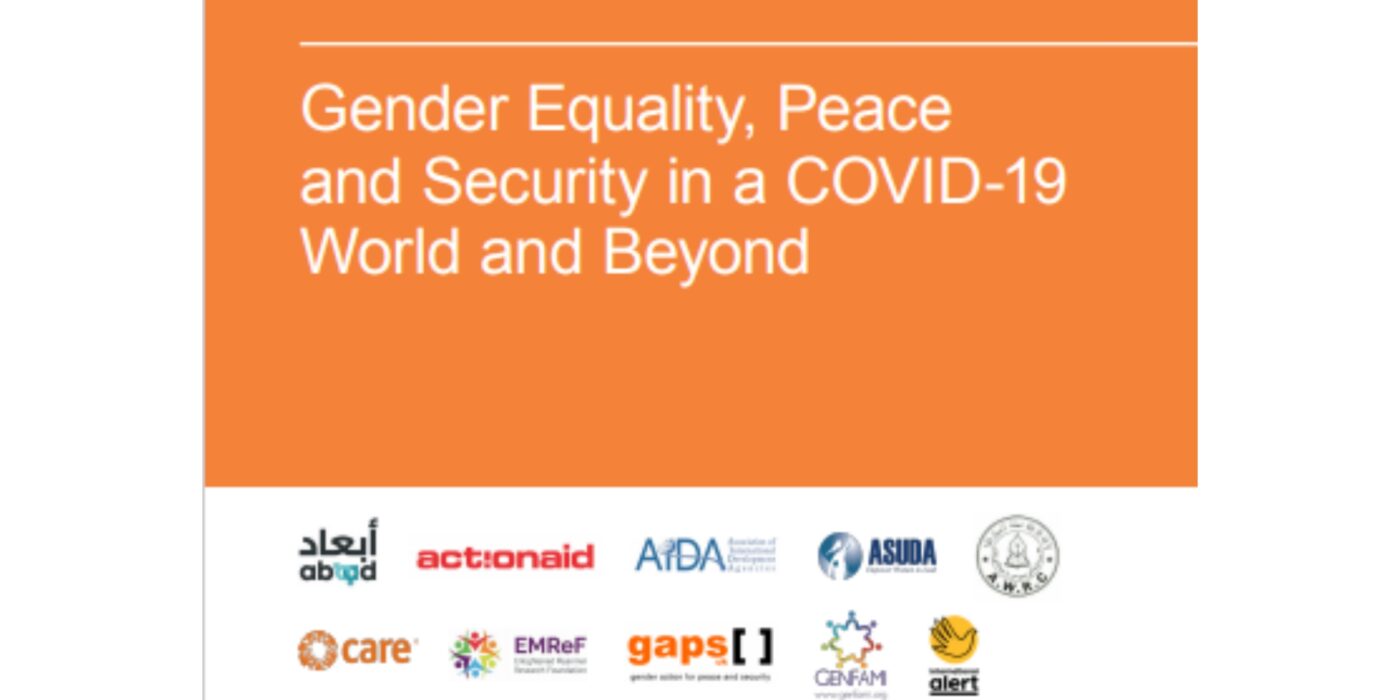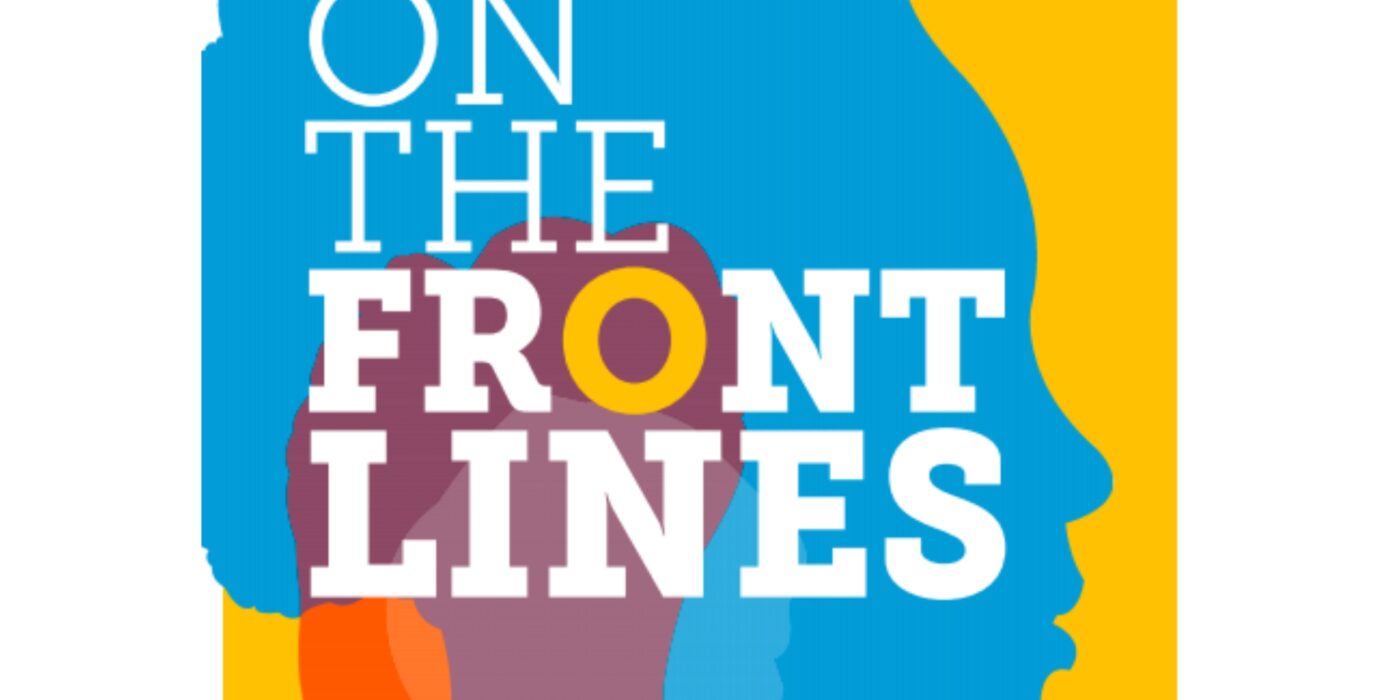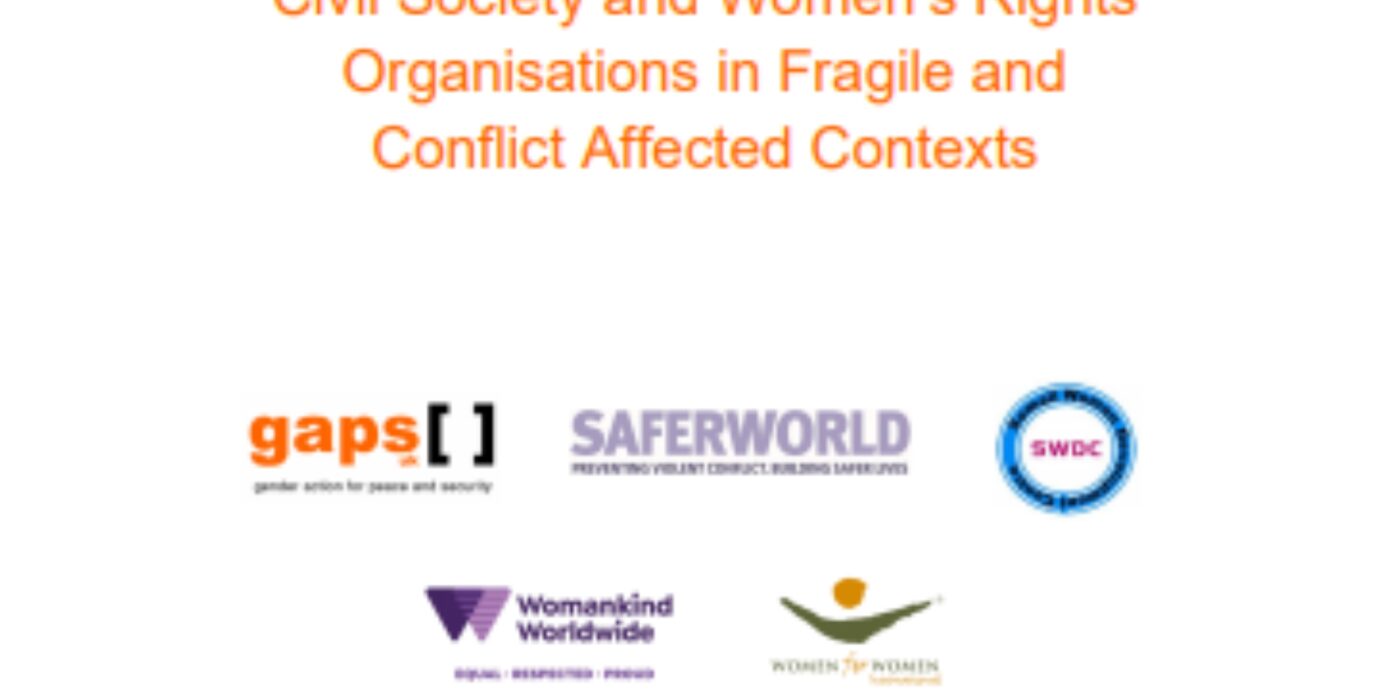Impact of the COVID-19 Pandemic on Women, Peace and Security in South Sudan
In 2021, The Peace Centre in partnership with FOKUS conducted research on the advent and the impact of the COVID-19 pandemic on critical political, social and economic issues that have a direct bearing on women, peace and security in South Sudan.
The research is intended to inform stakeholders’ context-specific response around women peace and security that is evidence-based.
Download a copy here; Impact of the COVID 19 Pandemic on Women Peace and Security in South Sudan Research Report


